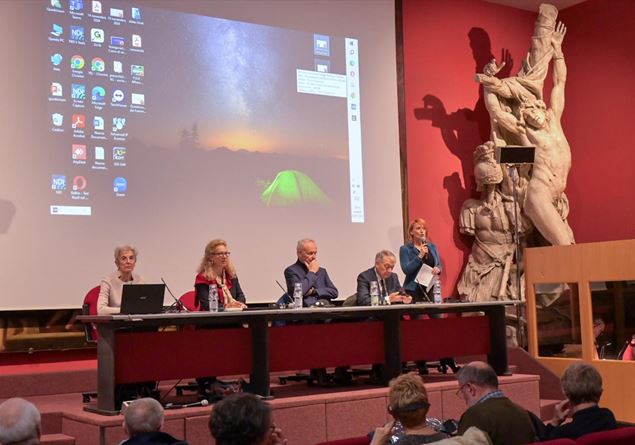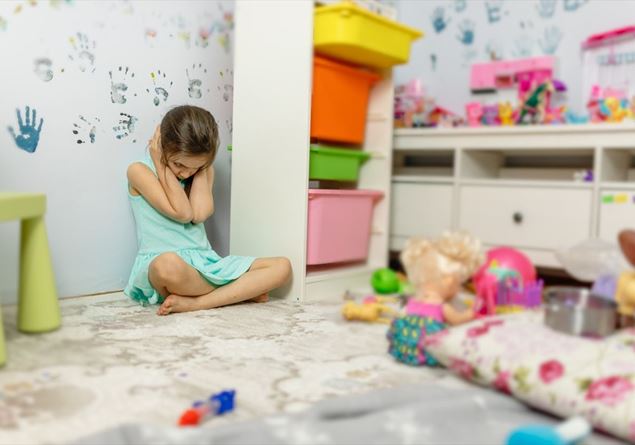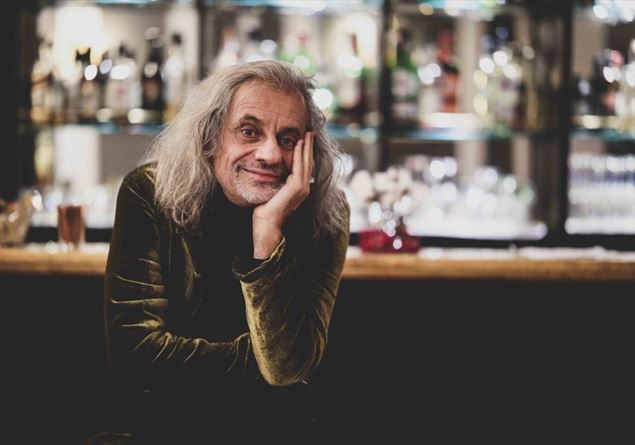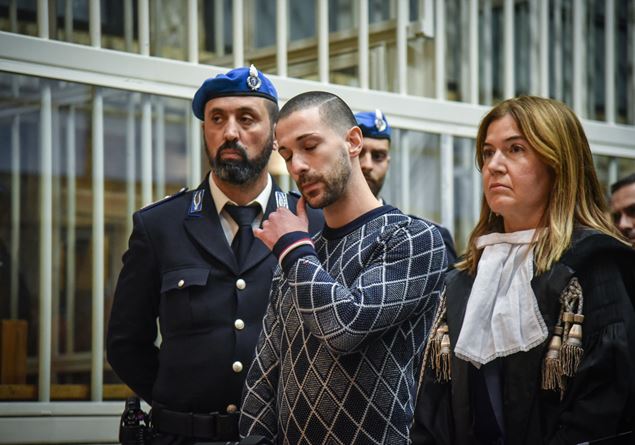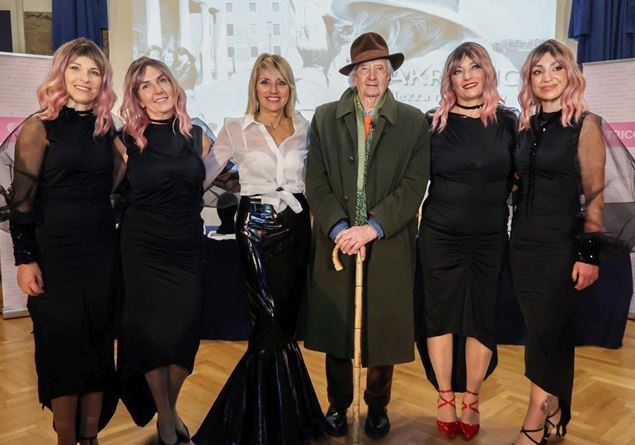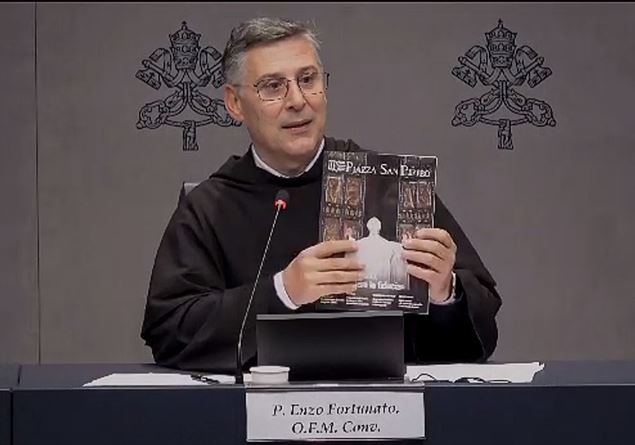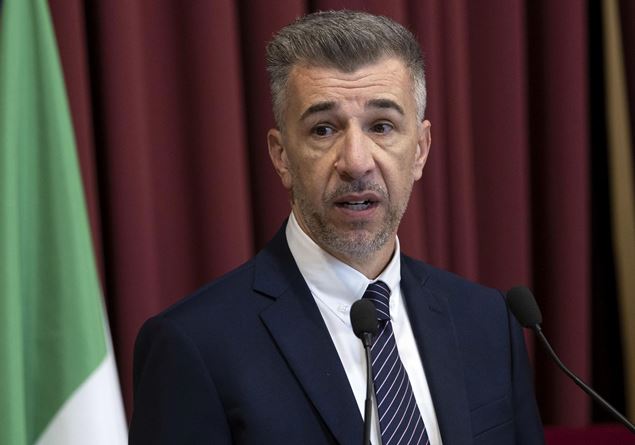
There’s still tomorrow by Paola Cortellesi told us men and women of the third millennium about patriarchy. But above all he told it to our children. Its enormous success in theaters was decreed not only by the adult audience, but also by that of our sons and daughters. They didn’t know that the women of the generations that preceded us – or at least a part of those women – they experienced what Paola Cortellesi tells through the story of Delia, a woman married to Ivano, a man who manipulates, controls and commands the family with only his “being male” as a pretext. That’s where we come from. The man, born male, exercised a power in the family which was not a power “for” or a power “with”, but only and only a power “over”.
The adult in the family has power as an adultbut that power should be declined only and exclusively as a function of affection and protection. The power “for” and the power “with” is a power of “service” and not of rank. Patriarchy finds a power “over” inscribed in the male gender role. It is a power that hurts, because it limits, confines, humiliates and exercises violence, both physically and emotionally.
The men of that power have always been protagonists, bearers and have passed it down from generation to generation. It was feminism that first called into question, and then in deep crisis, the role of man in the family and in society and for this we men must be grateful, because we understand that relationships between men and women are not places of control and power , of violence and manipulation is the most evolutionary transformation that it has been possible for us to carry out and which has allowed us to learn to question ourselves on gender issues, something that never happened to the men of the generations that preceded us.
Today, preventing gender violence involves addressing the issue of patriarchy as well as that of education on emotions, affections and feelings. It involves knowing how to build a healthy intimacy within love stories that does not need to ask the other for proof and control over the shared love, because just thinking that love must prove means transforming it into an extremely dangerous territory beyond how fragile. At this moment, in our society there are subgroups who have understood this lesson and who are promoting the change of gender roles with a view to equity, equal opportunities and the elimination of gender violence. But the road is still long. And our multi-ethnic society includes families whose women, due to ethnicity and culture, are still, at this moment, in the same position as Delia in Paola Cortellesi’s film.
For some cultures, patriarchy is still a living issue that leads men to recognize themselves in that model to adhere to a gender role that they have not been able to transform and evolve. Respect, the right to self-determination and non-violence must be a right for everyone and a duty for everyone, without gender distinction. But this goal is still very far away.
The speech of Minister Valditara made on the occasion of the inauguration of the Foundation in memory of Giulia Cecchettin, it was rightly criticized and contested as untrue and out of time. Denying patriarchy and talking about “migrations” makes no sense, because what is needed on this issue is to talk about culture. And patriarchy belongs to culture. Perhaps today, it belongs less to our culture and more to other cultures of different ethnic origins. Valditara’s speech is wrong because he says some truths, but he does not know how to include them in an integrated vision of the problem and therefore the individual statements are disconnected from each other and overall divisive.
On such an important and complex topic, one must have the delicacy of saying a few things within a vision of the problem which does not deny the history and culture from which we come, of which gender roles continue to be an expression in their evolution, but also in their struggle for change and transformation.
And also on this occasion, the words of Gino Cecchettin, a father who wrote in his gaze and on his skin the pain associated with a culture that we must all change together and of which he wants to be a promoter and witness, seem to be infinitely ahead of those of the Minister who must be an advocate and facilitator of that cultural change, marking a distance – which seems sidereal – between the real world and the political world.

